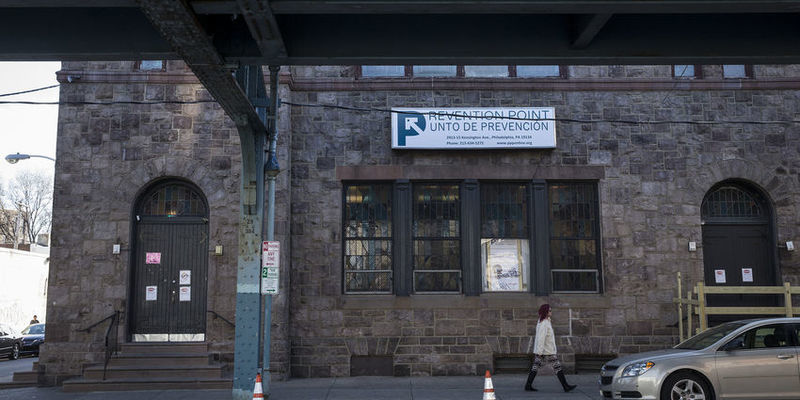New grant fuels Alzheimer’s research at Temple
Researchers at the Alzheimer’s Center at Temple will explore risk factors for Alzheimer’s disease, with help from a $3.8 million grant.

Researchers at the Alzheimer’s Center at Temple (ACT) now have a unique opportunity to explore cardiovascular risk factors for Alzheimer’s disease, thanks to a new $3.8 million grant from the Pennsylvania Department of Health. With the grant, ACT is positioned to become a national leader in dementia research.
The most common form of dementia in the elderly, Alzheimer’s disease is characterized by memory loss and difficulty thinking. These symptoms gradually worsen over a number of years with some patients in later stages becoming delusional and disoriented.
The goal of Alzheimer’s research is to discover ways to slow or reverse this progression, or even prevent symptoms from developing in the first place.
“We are very excited to have the opportunity, through funding from the Pennsylvania Department of Health, to investigate the effects of cardiovascular risk factors on the development of Alzheimer’s pathology,” said Domenico Praticò, the Scott Richards North Star Foundation Chair for Alzheimer’s Research and director of the ACT at the Lewis Katz School of Medicine. “Vascular health appears to have an important role in Alzheimer’s disease, but basic understanding of its impact has only begun to emerge.”
Praticò and Silvia Fossati, associate professor of pharmacology and associate director of the ACT, will co-lead the basic research components of the project. Professors of Psychology Ingrid Olson and Jason Chein, who is also director of Temple’s Imaging Center, will carry out magnetic resonance imaging studies in patients.
“By bringing basic research from preclinical studies together with clinical investigation, we can gain significant insight into how neurovascular dysfunction correlates with cognitive outcome in Alzheimer’s disease,” Praticò said.

